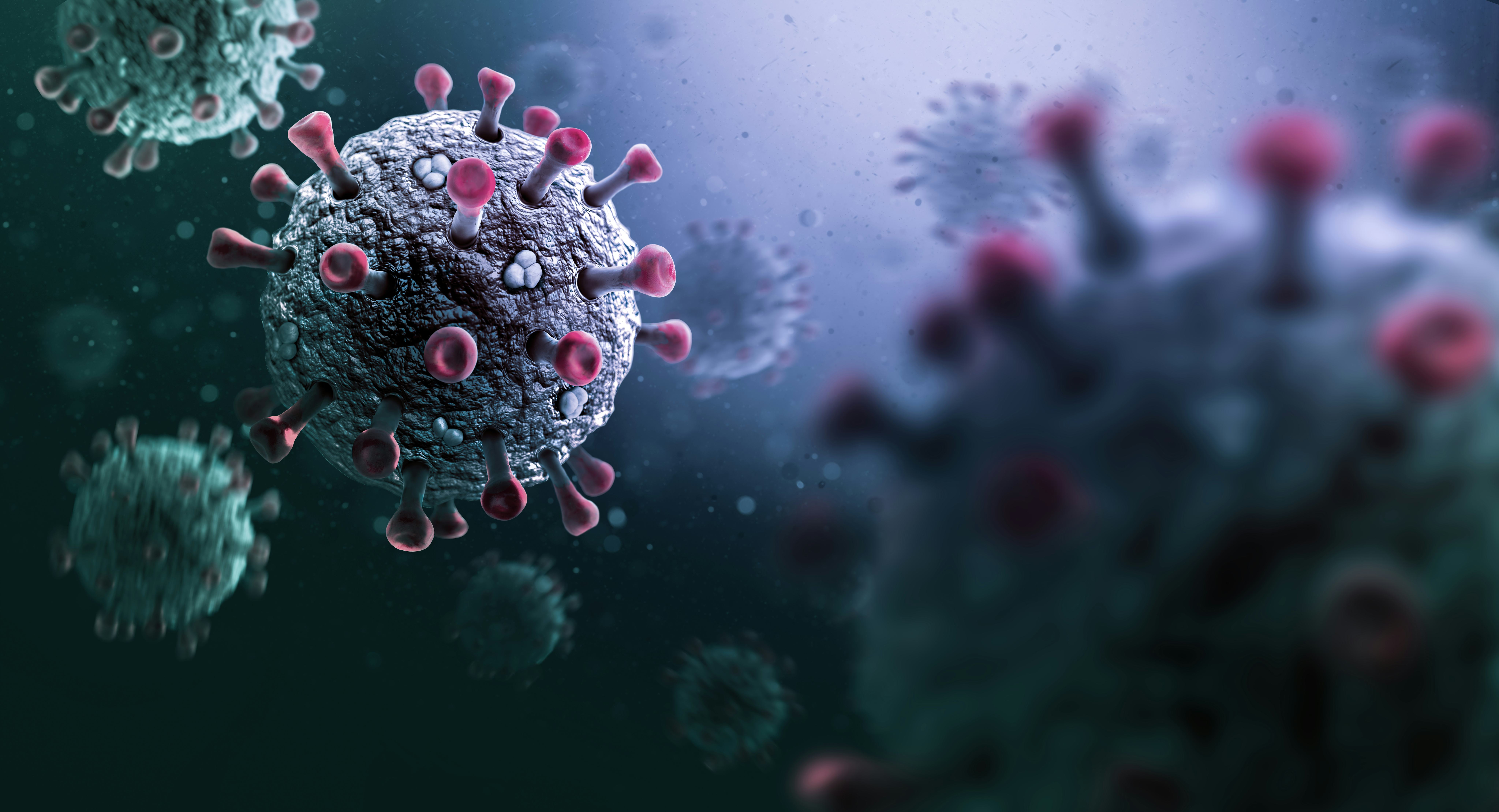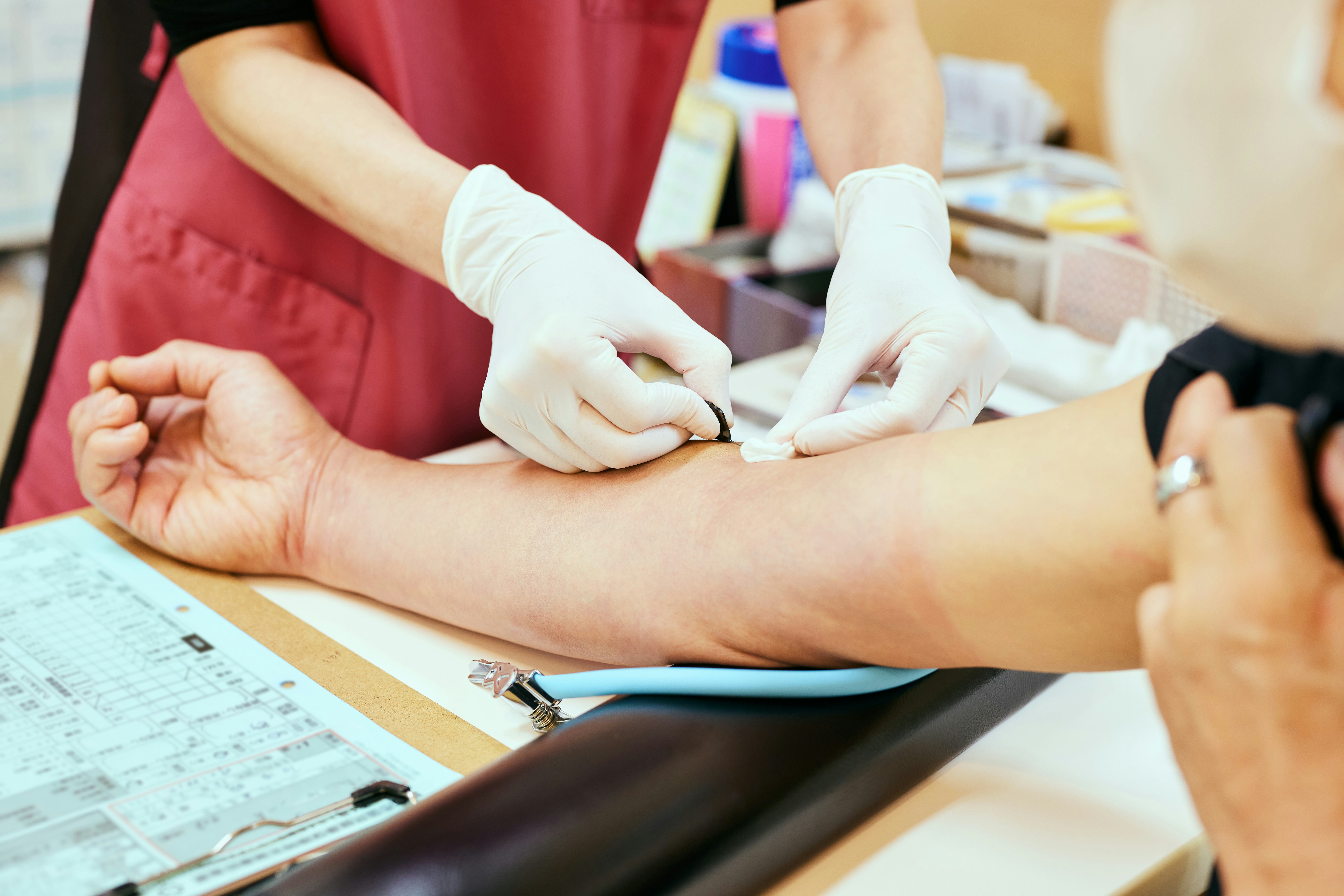
On Thanksgiving morning, 2019, I woke up with a fever. It was flu season and I had flu symptoms; it seemed pretty safe to assume it was the flu. I started to feel better a few days later except for one thing: I had a horrible, hacking cough that lasted through the new year. The doctor I saw said they’d been seeing a lot of people with long-lasting upper respiratory infections and it would go away eventually.
In the two and a half years since then, I’ve wondered more than a few times if what I really had was Covid-19. I’m not alone: Many people over the past two years have told me they believe they had Covid in the fall of 2019, something that’s certainly plausible, considering the virus was in the U.S. — and specifically in the Bay Area, where I was living at the time — much earlier than initially thought.
Last week, the Centers for Disease Control and Prevention (CDC) estimated that three in five Americans — 60 percent— have had a previous Covid-19 infection.
We’ve long known the number of people who’ve been infected with SARS-CoV-2 far surpasses the number of confirmed positive cases, but we didn’t know by how much. The CDC’s newest numbers reveal that if you haven’t been exposed to the novel virus, you are actually in the minority. Aside from the mysterious lingering cough back in late 2019, I don’t have any reason to believe I have had Covid-19, and I’ve never tested positive. But is there any way to know for sure?
How do I know if I’ve had Covid-19?
The CDC used antibody (or “serology”) tests to determine if people had previous Covid-19 infections. While antibodies elicited by the vaccines also combat the virus, they’re slightly different from the antibodies produced by natural infection. That’s because the antibodies produced by the vaccines focus on the spike protein: the “key” that the virus uses to get inside your cells. It’s an effective way to block the virus from getting into your cells but doesn’t look exactly like the antibodies you get from the actual infection.
By analyzing data taken between September 2021 and February 2022, the CDC says by the final month of 2021, 34 percent of Americans had these antibodies. By February, that number shot up to 58 percent. According to the CDC, the prevalence of these antibodies varied by age, from as high as 75 percent in children aged 0 to 17 and as low as 33 percent in people 65 and older.

The best, most accurate way to determine if you’ve had a previous Covid-19 infection is a serology, or antibody test, though it is not a guarantee. The CDC notes that a small portion of people won’t develop antibodies in response to an infection. Further, some serology tests won’t be able to distinguish between vaccination and infection, so it’s important to know which test you’re getting.
How long will a serology test show past Covid-19 infection?
Although antibody levels are highest between two weeks and three months following infection or vaccination, William Schaffner, an infectious disease specialist at Vanderbilt University School of Medicine, tells Inverse a serology test could still detect the presence of those antibodies years later. So, theoretically, if I wanted to find out if that gnarly illness I had in late 2019 was indeed Covid-19, I could — provided I got the kind of test that checks only for the specific antibodies produced by the virus. Otherwise, my vaccination(s) would trigger a false positive.
Can I get infected again if I’ve already been infected or vaccinated?
Yes. Just because the antibodies are detectable for years doesn’t mean they’re going to protect you from being infected again. That’s for two reasons:
- Antibody levels decline over time and while we don’t know what the precise threshold for preventing infection is, we know they can dip below that threshold and still be detectable in a serology test.
- SARS-CoV-2 mutates rapidly and antibodies from one strain may not provide as much protection against a second strain. That’s something we saw very clearly with the Omicron strain.
While more people than we previously knew were infected with the novel coronavirus, health experts warn against assuming that means immunity levels are also high. Both immunity and the virus change over time. If you want to avoid contracting the virus, make sure you’re vaccinated and boosted and use transmission mitigation measures like masks when appropriate.







